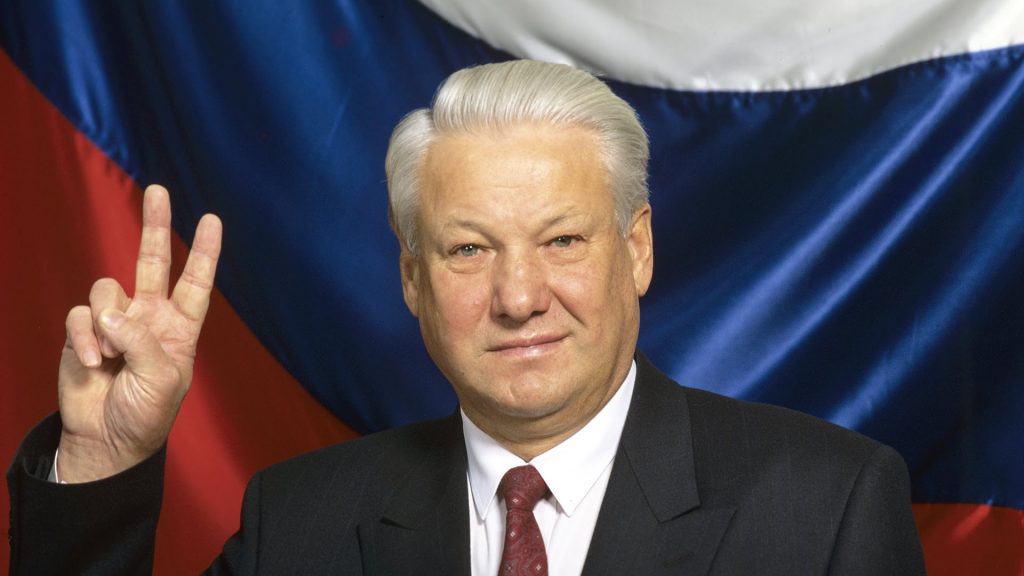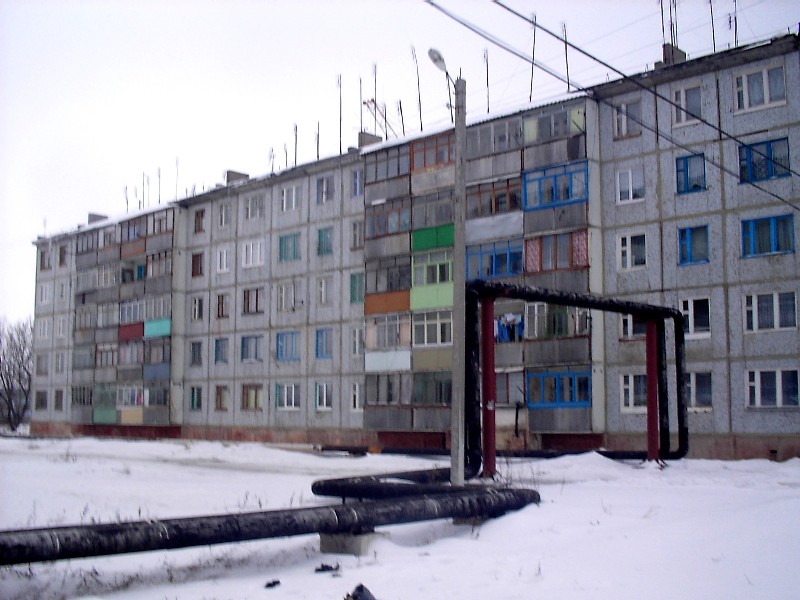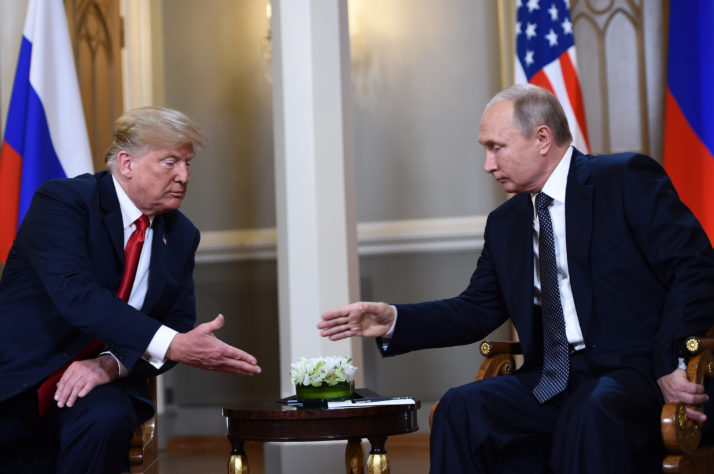
It is late spring in Moscow, and the day is exquisite. I sit on my balcony and drink my coffee and watch a mischievous breeze run through the trees. It brushes against them, makes them bob and sway like off balance dancers. When it scuttles away, the branches slide back into the sun, hold still, and the space we share is silent. It is then that the memory of them comes to me.
It is another late spring, another exquisite day in Perovsky Park when I first see them, a group of about eight women twirling open fans over their heads as they step back, forth, and then round; I hear the sharp click of their fans as they open and close them with a flick of their wrists. And I want, want nothing more at the moment, than to be able to do that. I join and begin my lessons with the Tai Chi Babuski, and with Katya, the fierce warrior who is theirteacher.
They are, most of them, daughters and granddaughters of the “slava”, the “glorious” who fought in the “Great Patriotic War” as it is called here in Russia. Not all, but most of them, are Babushki, “grandmothers” and for years, each of them has been a dedicated student of Tai Chi. This is not the slow, soft Tai Chi that old Chinese people do in parks, this is the Tai Chi of warriors; and they, as I soon come to realize, are warriors in ways that I will never be.
A few weeks of Tai Chi and I feel the difference in my body and in my mind. I am stronger, suppler, the old aches and pains begin to disappear albeit replaced by new ones. I am calmer and more centered. My new self comes to me as an epiphany one day when, without thinking about it, my seventy two year old body bounds up the granite steps of the Perovo Metro two at a time.
But I have problems, both physical and mental that cannot be countered by the Tai Chi. I have, over the course of 72 years, been damaged a lot: sport accidents, surgery, car accidents.My body is a collection of scars and imperfectly healed bones. My shoulders have been disconnected and broken, and it is not without pain and not with a full range of motion, that I twirl the fan over my head, twist the bo pole, swing the sword. When it is too much, I simply say that I cannot do it and leave it at that. But there is more too. I like to play and I laugh a little too much. All of this will create problems with these women who do not not play, nor laugh, nor do anything other than what they are told to do. They are the children and grandchildren of soldiers, great and great great grandchildren of those who made revolution.
We are on an inevitable path to confrontation and it happens one day when one of the women hears me say I cannot twist my shoulder into a certain position. Let me help you she says as she grabs my arm and moves it as she wants it to be. I am furious; I am furious because she has dared to touch let alone move my body against my will, that it has caused me pain. When she comes towards me a few weeks later to “help” me once again, I tell her, politely enough, that I do not want her help. When she persists I step away from her, and that is how the end begins.
Soon, in a matter of days, I will be told with and without words, that my actions are unacceptable. First of all, if she offers to help me I must accept; she is a senior student, a longtime member of the “commune”. Second of all, when I am told to do something, it is unacceptable to say I cannot do it. When I go to class I must be completely subservient. I must, and I say this nearly verbatim, treat The Master, as Katya is called, like a God. The need for subservience to a master is, as I am told with great consciousness of the fact on the part of the speaker, the Russian way.
I can see in the mirror of their criticisms the stark face of my individualism. No one can touch my body if I do not want them to. No one can move my limbs as they see fit. And the idea of submission is completely foreign to me, as is the idea that I must do what I am told no matter what the consequences. I have been shaped by the “exclusive oneness” of America to feel that I have a right to my “oneness”. I come to realize that my “communism” is an intellectual commitment contradicted by the actuality of the way I live.
It is a freezing winter day in Perovo; the snow is several feet deep, and it is still snowing as I walk through the park to look for them. The black night is punctuated by the weak lights of street lamps, but I can see from a distance that the snow has not been cleared, and they are not in their usual place. I turn to leave and out of the corner of my eye I catch the glints of silver swords swinging in the air down a slope a short distance away. I walk over and find them standing in two straight lines on a narrow cleared space doing Tai Chi. When they see me they pause and stare, but Katya turns to yell at them, and immediately they go back to their exercise
As I start to walk away I see Katya sneak a glance my way. I miss her.
Mary Metzger is a 72 year old retired teacher who has lived in Moscow for the past ten years. She studied Women’s Studies under Barbara Eherenreich and Deidre English at S.U.N.Y. Old Westerbury. She did her graduate work at New York University under Bertell Ollman where she studied Marx, Hegel and the Dialectic. She went on to teach at Kean University, Rutgers University, N.Y.U., and most recenly, at The Moscow Institute of Physics and Technology where she taught the Philosophy of Science. Her particular area of interest is the dialectic of nature, and she is currently working on a history of the dialectic. She is the mother of three, the gradmother of five, and the great grandmother of 2.
















































